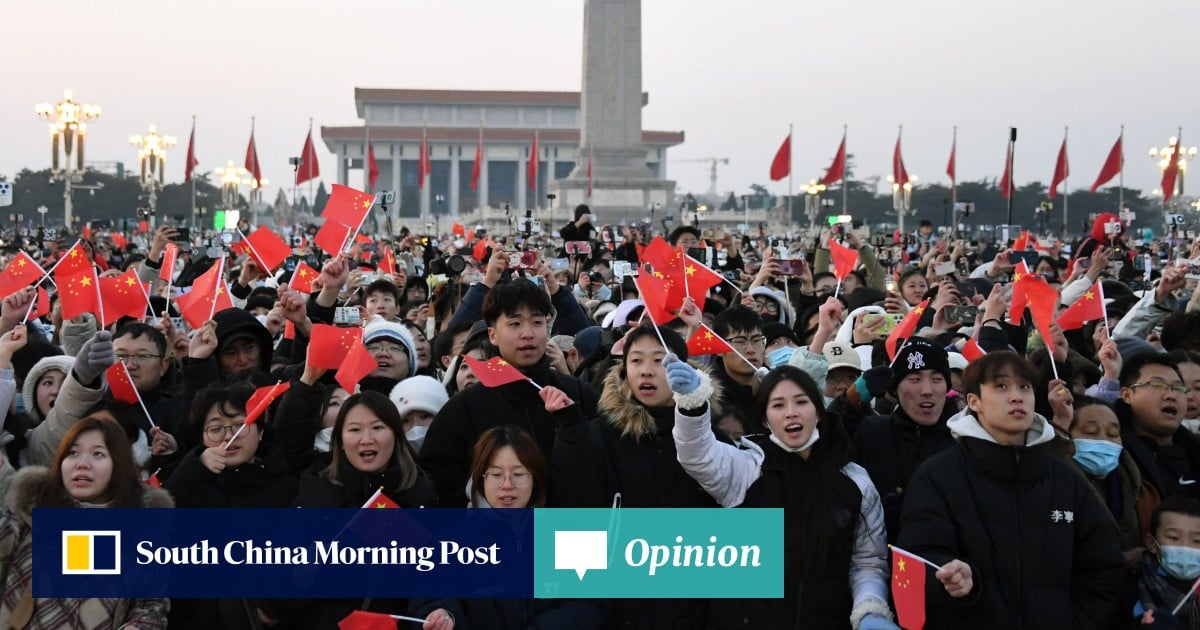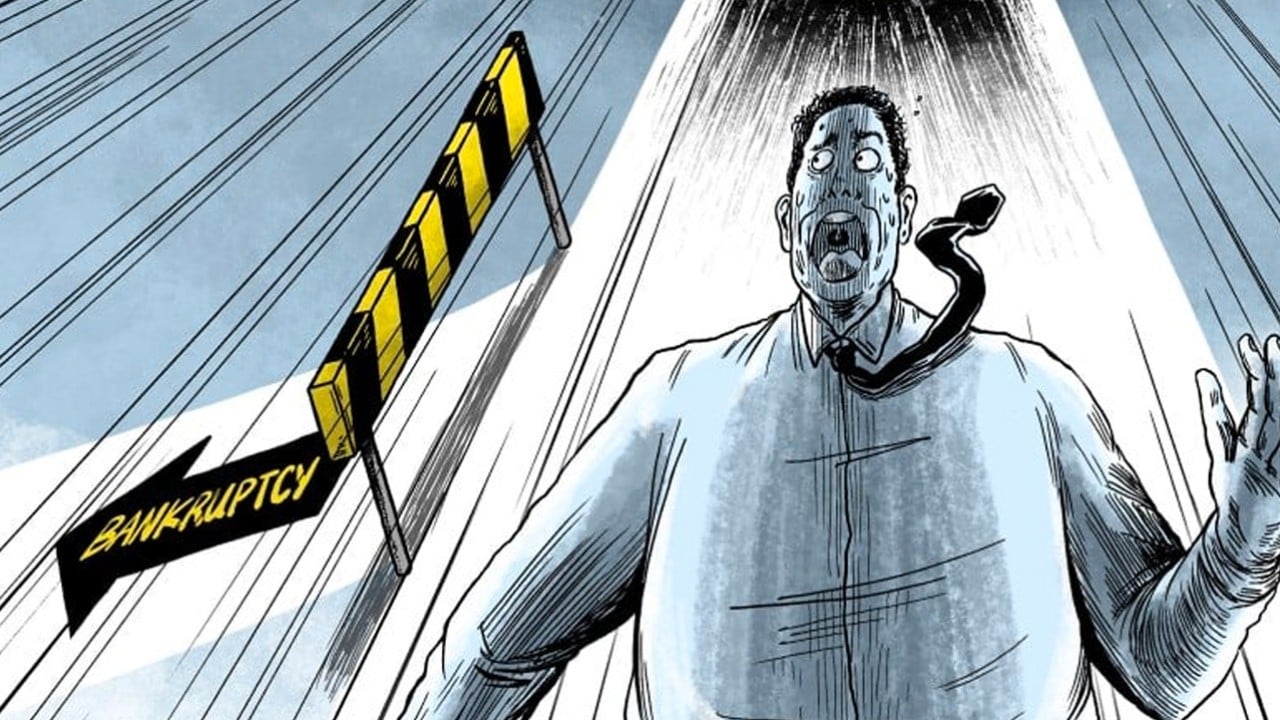
09 Jan Opinion | The rule of law will lead China out of its economic morass
For one, property rights are still not completely secure in China. It’s no wonder some of China’s wealthy have set up family offices in Singapore, which is ranked second globally on property rights protection by the Property Rights Alliance’s International Property Rights Index.
The moves were surely well meaning – intended to address social problems plaguing Chinese families. But when the state acts arbitrarily, even if it’s for the greater social good, people lose confidence in what should be a predictable social contract.
Likewise, many indebted local governments have been unable to pay contractors for infrastructure or other construction projects.
Under the rule of law, local governments and state firms should set a good example of prompt and full payment to suppliers. Equal and strict contract enforcement for all must be a priority – as a first step towards restoring business confidence.
China’s top corruption-buster warns of ‘risk of rebound’ in cases
China’s top corruption-buster warns of ‘risk of rebound’ in cases
Using unconstrained state power to check unconstrained state power does not work. Corruption must be seen in its broader institutional context.
When the root causes go unaddressed, the anti-corruption drive won’t end, sapping bureaucratic initiatives in the process. Corruption can only be minimised by having accountable institutions. Implementing the rule of law and systematic reform for greater accountability is the only lasting solution to overcome corruption.
As evident in the Nordic nations, New Zealand and Singapore, there is a close correlation between strong rule of law and low corruption. These nations consistently rank high in the World Justice Project’s Rule of Law Index, with accountable governments and strong property rights protection. They also score well on transparency and anti-corruption metrics.

A robust rule of law provides the oxygen for innovation and entrepreneurship to flourish. Secure property rights under predictable regulations give entrepreneurs and investors incentives to take risks with the confidence of reaping rewards.
Constraints on arbitrary bureaucratic interference reduce uncertainties for start-ups and their financial backers. With reassurance that their assets and contracts are protected by the law, China’s entrepreneurs will be motivated to develop transformative technologies and novel business models.
The rule of law can help address many of China’s economic challenges. Stable regulations from due process in legislation will restore investors’ confidence. Full protection of property rights will reinvigorate entrepreneurial initiatives. Transparent and accountable governance can prevent misaligned incentives. Systemic reforms can root out corruption.
China could restore economic confidence in 2024 with the right reform moves
China could restore economic confidence in 2024 with the right reform moves
As China navigates economic headwinds, legal reforms can revitalise growth. The rule of law provides a sturdy foundation to secure property rights, spur innovation, restore business confidence and empower the private sector.
Perhaps more than any economist, Jiang’s vision for the rule of law can set China on its journey towards national rejuvenation. Despite the naysayers, China can still become the US’ equal in the next decade – if it takes the path paved by the rule of law.
Winston Mok, a private investor, was previously a private equity investor


